When I first started teaching, my ELA classes had an ongoing discussion throughout the year about reliable sources. We kept an anchor chart with helpful tips students should consider when evaluating a source. What used to be a single chart would now cover an entire wall. In a world with so many voices, how do you know who to trust? Who are the experts?
Can I Call a Witness?
In thinkLaw Investigation and Introduction to Discovery lessons, thinkers are given a brief introduction to a legal case and asked to plan an investigation.
In civil litigation, the discovery period gives each side the chance to create and swap a list of witnesses. Witnesses are not limited to eyewitnesses. Instead, we want thinkers to consider expert witnesses that can help establish their case. After pressing pause to consider their initial gut reaction, (learn more about this strategy here) thinkers are asked to do the following:
- Identify a Witness. A popular thinkLaw lesson involves the infamous McDonald’s hot coffee case. A woman spilled hot coffee on her lap, was burned, and sued the restaurant. What witnesses need to be called in this case? Initially, thinkers will list eyewitnesses that were present at the time of the accident: the woman, her grandson, and restaurant employees. However, thinkers will begin to brainstorm less obvious expert witnesses. Thinkers want to call an expert witness on coffee temperatures, a burn expert, or a representative from the cup manufacturer. Who trains employees to make coffee? Who wrote the employee directions? Thinking of witnesses will help lead us toward evidence we need to collect.
- What Can That Witness Tell You? To develop our case, it would be helpful to understand the proper way to use and maintain the coffee machine. We would need to know at what temperature does a liquid cause a serious burn. How often does this type of injury occur? What was the woman’s recovery like after the burn? It’s important for thinkers to gather information to make an informed decision on the case. Each witness can provide nuanced information that will be critical to a case.
This Strategy Can Be Used with Any Content
What blogs should you read about black holes? Who can talk to you about legal nutritional standards for school lunches? What podcast will give you the best advice about sports conditioning? Who can give you context for interpreting Shakespeare?
A students’ time in a formal classroom is limited, but we want everyone to be on a life-long learning journey. Who are the experts outside of the classroom? What questions can they answer? What can they tell you? Considering the answer to this question is an important first step in creating critical thinkers that are on a lifelong journey of learning, unlearning, and relearning.
Four Quick Ways to Consider Expert Witnesses in Your Classroom
These four examples are quick witness strategies you can apply today within your existing lesson plans in elementary, middle school, or high school with little to no prep that will get your class thinking about expert witnesses.
- Obvious and Less Obvious
Brainstorming witnesses is an excellent low floor, high ceiling exercise. Every student can make a list of witnesses, but there is no cap on the creative and original experts thinkers can name. Present your thinkers with any scenario. Who are the obvious experts? Who are the less obvious witnesses? What can they tell us? For example, if we wanted to know “Should we bother learning how to diagram a sentence?”, students might brainstorm: an 11th grade English teacher, an influential editor at HarperCollins, a writer for the New York Times, or a sophomore college student in an intro writing class.
Other scenarios could include:
- Should Pluto be reinstated as a planet?
- What were the implications of D-Day?
- What happens if you give a mouse a cookie?
2. Job Listing
Imagine you’re looking for an expert. What would you post in the job listing?
- What qualifications would make a person an expert in that area?
- What education do they need to have?
- What experience do they need to have? Does it need to be formal experience, or can it be life experience? Why?
- What do you need to see or hear to know you can trust this expert
3. Choose Your Crew
Have the class brainstorm a list of experts that could help with problem solving. Then pose the following question: If you could only select THREE of the witnesses on this list to help you, which three would you pick and why?
4. Would You Rather?
Give thinkers two experts to choose from. Have thinkers brainstorm arguments for BOTH experts before deciding which witness they would choose.
- Example: You need to bake a cake. Would you rather have a family member help you or a professional French pastry chef? Why?
- Best Argument for Family Member: My grandma is an excellent baker! She makes my favorite chocolate cake and if I were making a cake, I’d want it to be just like hers.
- Best Argument for French pastry chef: This person is at the top of their field. They make the best desserts in the world. If I wanted to make a fancy cake, this would be the best expert to help me.
Considering witnesses is a quick strategy that can be executed in just a few minutes but will help build lifelong mindsets your thinkers need to continue learning throughout their lives.
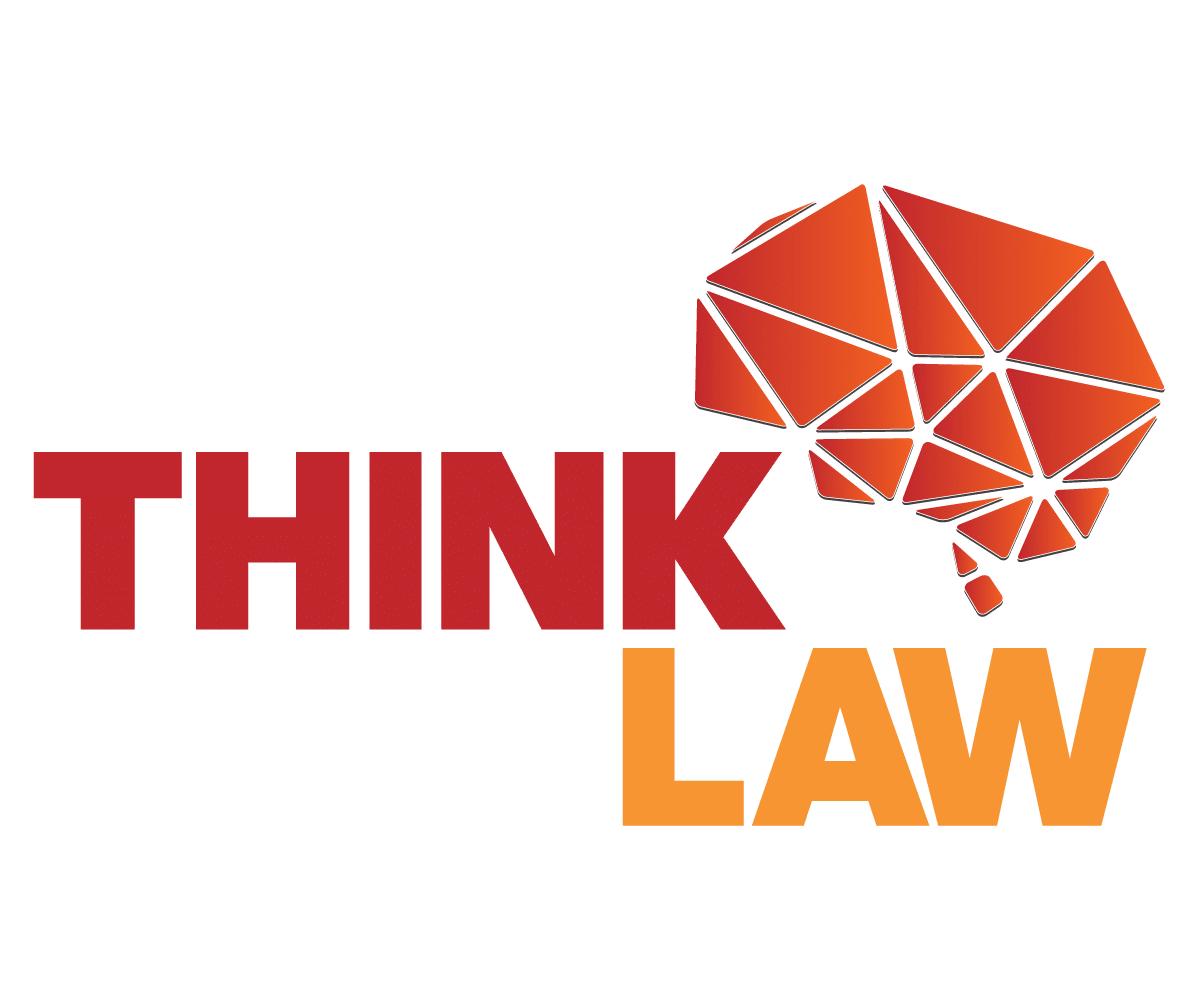
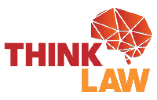
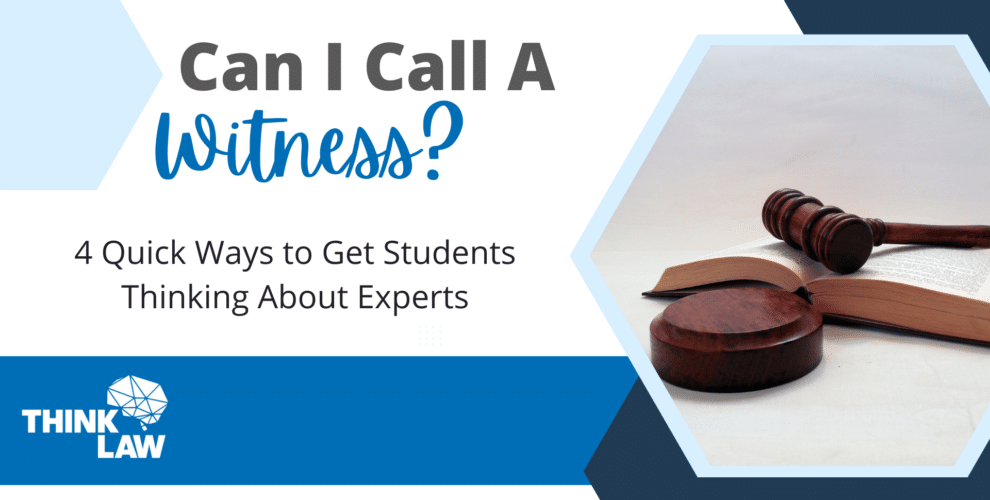
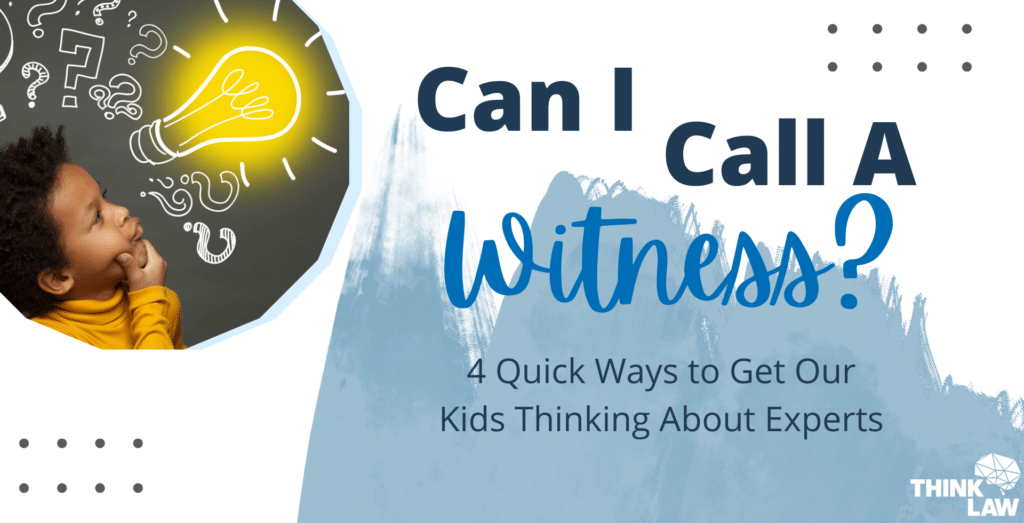
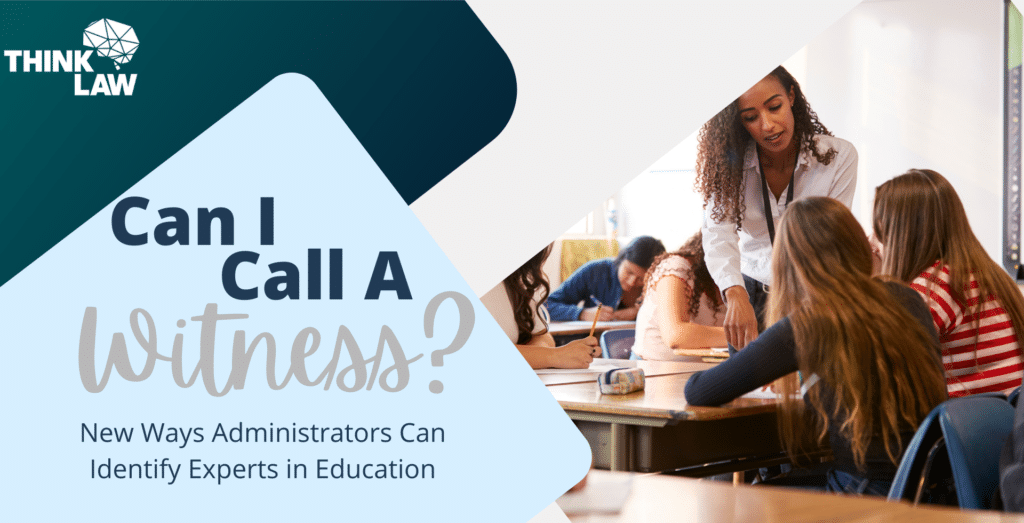
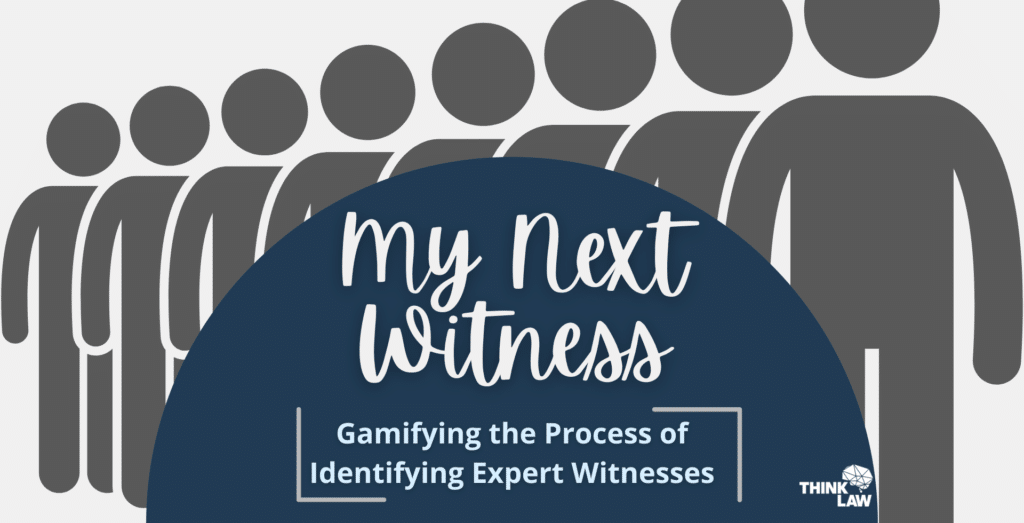
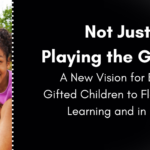
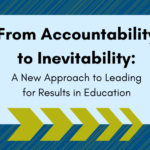
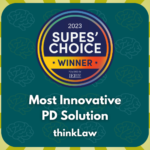
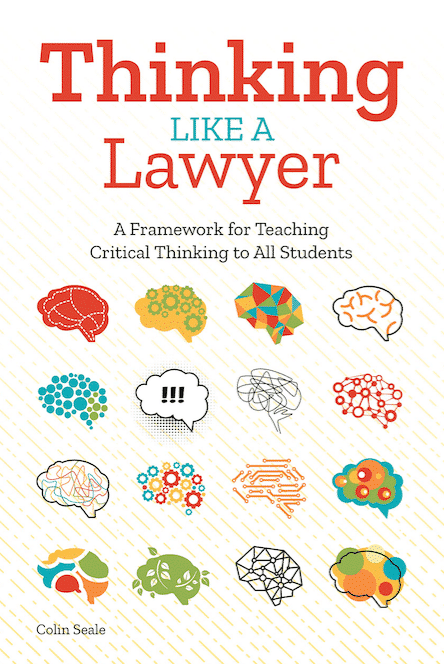
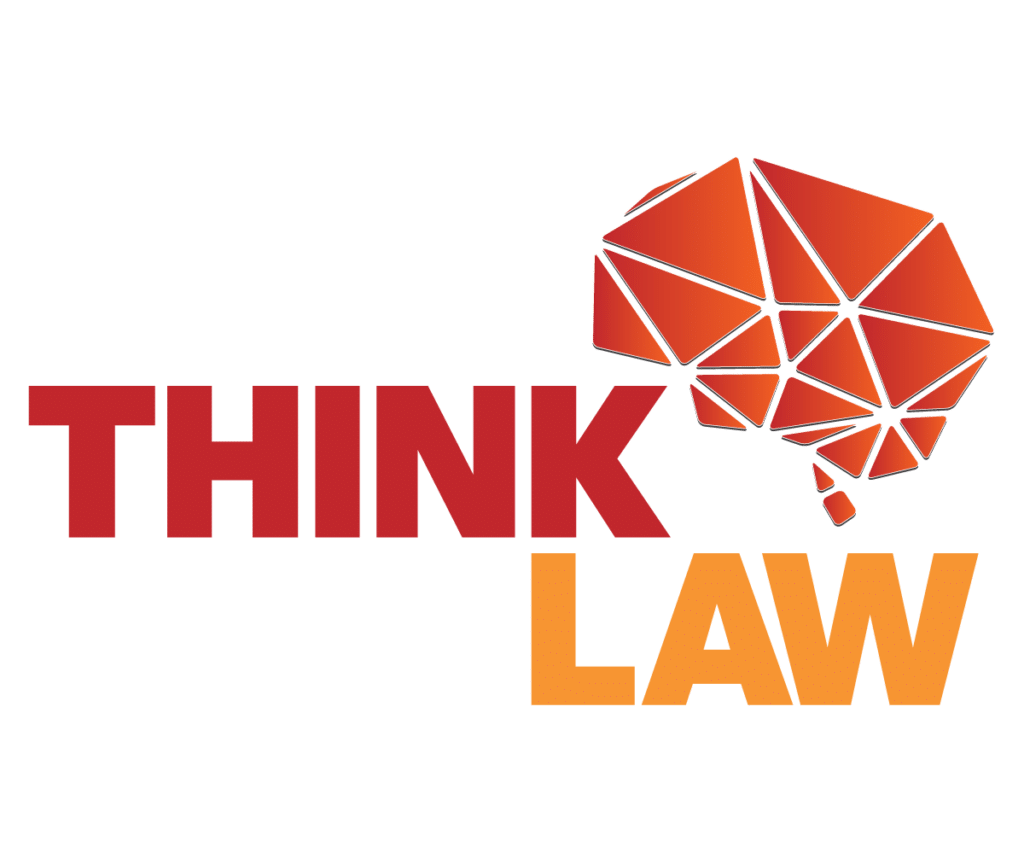
Leave a Reply